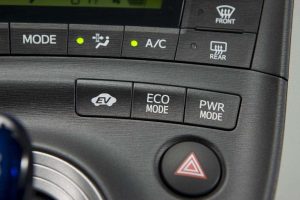Understanding dashboard warning lights in the Toyota Yaris is vital for preventing mechanical failures and ensuring safe driving. These indicators provide real-time alerts about vehicle health, from critical system malfunctions to routine operational reminders. Below is a comprehensive guide to all major warning lights:
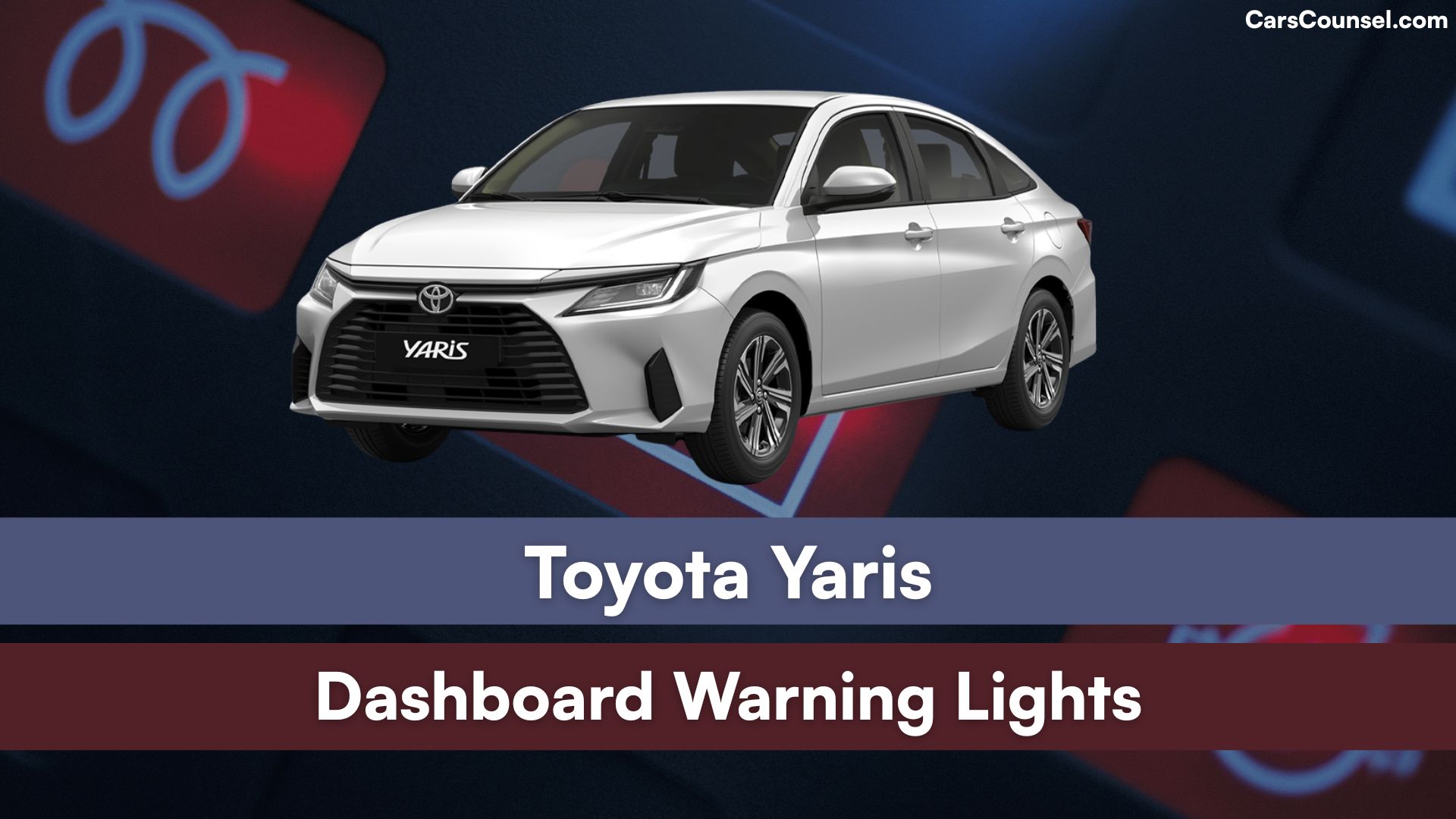
Quick Navigation
Red Warning Lights (Stop Immediately)
Brake System Alert

Low brake fluid, ABS malfunction, or hydraulic failure. Park immediately, check fluid levels, and contact a mechanic.
Engine Oil Pressure
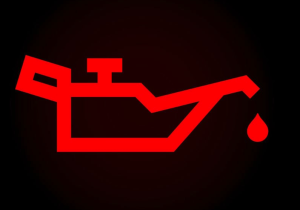
Low oil level or pressure. Stop driving, check oil, and top up. Persistent light indicates potential engine damage.
Coolant Temperature (Red)
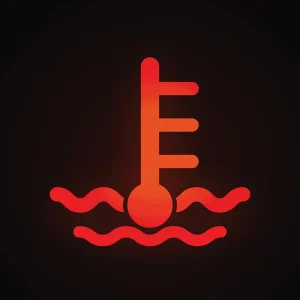
Engine overheating. Turn off the engine immediately and allow cooling. Check coolant levels once safe.
Battery Charge Warning

Charging system failure. Stop driving to avoid engine shutdown. Inspect alternator or battery connections.
SRS Airbag Fault

Airbag or seatbelt pretensioner malfunction. Seek immediate repairs to restore crash protection.
Power Steering Loss

Steering assistance failure. Drive cautiously at low speeds and service promptly.
Engine Overheat

Critical engine temperature. Turn off the engine and inspect coolant levels after cooling.
ABS Failure

Anti-lock braking system disabled. Conventional brakes remain functional, but service soon.
Door Ajar (While Driving)

Door or trunk not fully closed. Pull over and secure all doors to prevent accidents.
Tyre Pressure (Flashing)
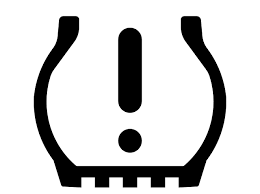
TPMS system error. Check sensors or tire pressure after stopping.
Theft Deterrent System Fault

Immobilizer or key detection issue. Replace key fob battery or seek diagnostics.
Low Fuel

Fuel level critically low. Refuel immediately to prevent stalling.
Transmission Overheat
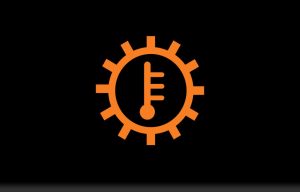
CVT fluid overheating. Pull over, let the system cool, and avoid aggressive driving.
Seatbelt Reminder (Red)

Driver or passenger unbuckled while moving. Fasten seatbelt to disable alert.
Glow Plug Issue (Diesel)

Pre-heating system failure. Avoid starting the engine until resolved.
Amber/Yellow Warning Lights (Action Required Soon)
ESP Fault

Electronic Stability Program malfunction. Drive cautiously and service the system.
Service Due

Routine maintenance required. Schedule oil changes or inspections.
Keyless Entry Fault

Key fob not detected or system error. Replace fob battery or check for interference.
Bulb Failure

Burnt-out exterior light. Replace the bulb to maintain visibility.
Low Washer Fluid

Windshield washer reservoir low. Top up for clear visibility.
DPF Warning (Diesel)

Diesel particulate filter blockage. Drive at highway speeds to regenerate or service soon.
ECO Mode Issue
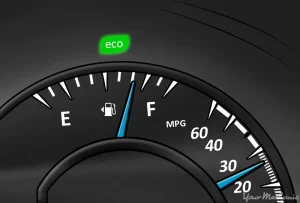
Fuel efficiency system error. Check for sensor or engine faults.
Powertrain Malfunction
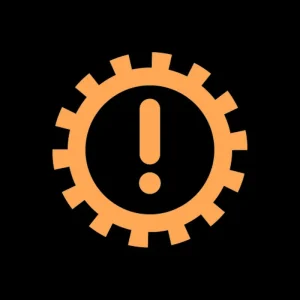
Engine or transmission issue. Schedule service to prevent further damage.
Radar Brake Support Fault

Pre-collision sensor obstruction. Clean sensors or seek repairs.
Shift Lock Warning

Gearshift stuck in park. Press the brake pedal to release.
Rear Fog Light Fault
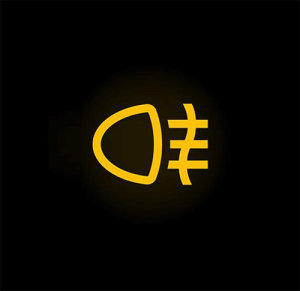
System error or bulb failure. Check connections or replace bulb.
Green Warning Lights (Information Only)
Headlights Active

Low beams or daytime running lights on. No action needed.
High Beam Indicator

Full beam headlights engaged. Switch to low beams in traffic.
Turn Signals
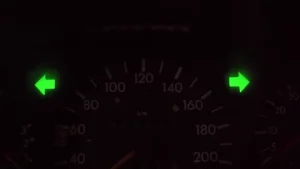
Direction indicators in use. Cancels automatically after turns.
Cruise Control Active
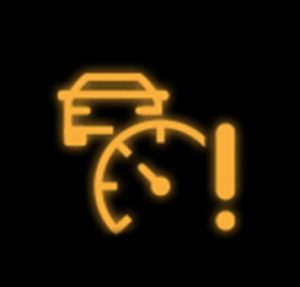
Speed maintained automatically. Adjust using steering controls.
Rear Defrost
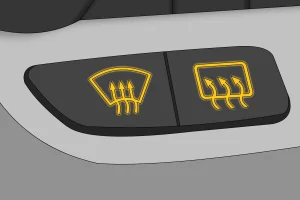
Rear window defogger on. Disable once clear.
Child Safety Lock
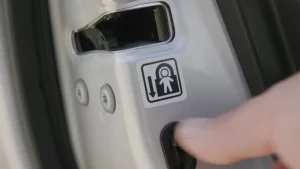
Rear door locks engaged. Disable when passengers exit.
Hazard Warning Lights
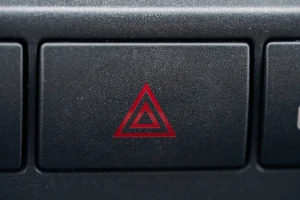
Emergency signals activated. Use only during breakdowns or hazards.
Security System Active
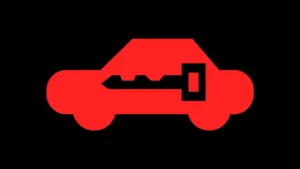
Theft deterrent system armed. Flashes when the vehicle is locked.
Shift Indicator
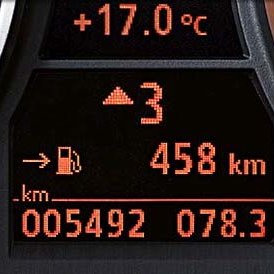
Recommended gear for fuel efficiency. Follow prompt to optimize economy.
Parking Brake Engaged

Handbrake applied. Release before driving.
AWD Indicator (if equipped)
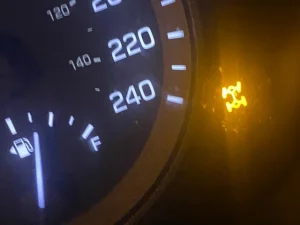
All-wheel-drive engaged. Ideal for slippery conditions.
A/C ECO Mode

Air conditioning in energy-saving mode. Adjust settings if needed.
Promptly addressing these alerts ensures your Yaris remains reliable. Always refer to the owner’s manual for model-specific details and visit a Toyota service center for unresolved issues.
When looking at Toyota, make sure to check out our guides on models like the Toyota Hilux, Toyota Highlander, Toyota Rav4, and Toyota Camry. Understanding dashboard warning lights is essential. Our expert reviews break down what each light means, highlighting common alerts for these models and what they could signal about underlying issues, so you’re never left guessing behind the wheel.
